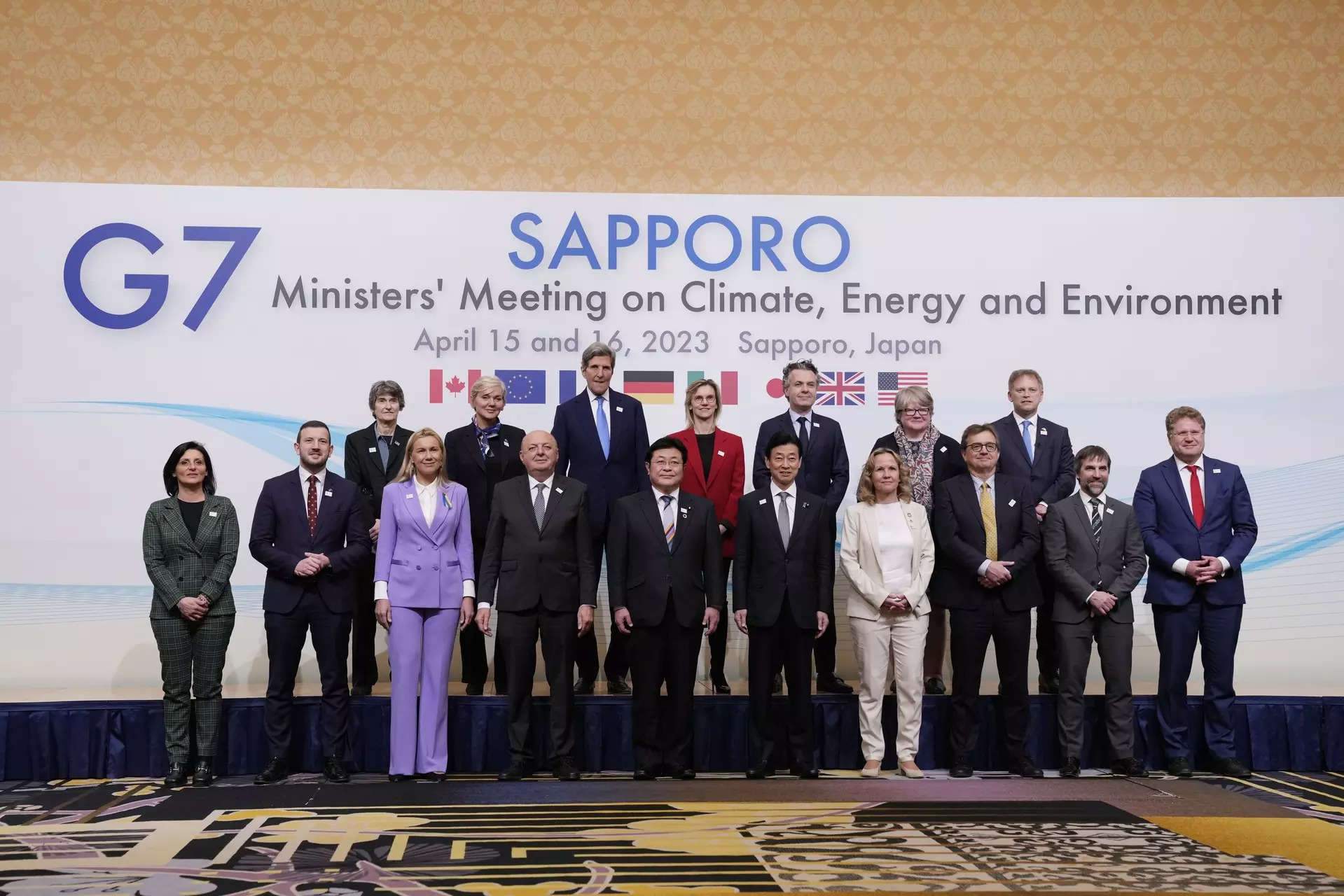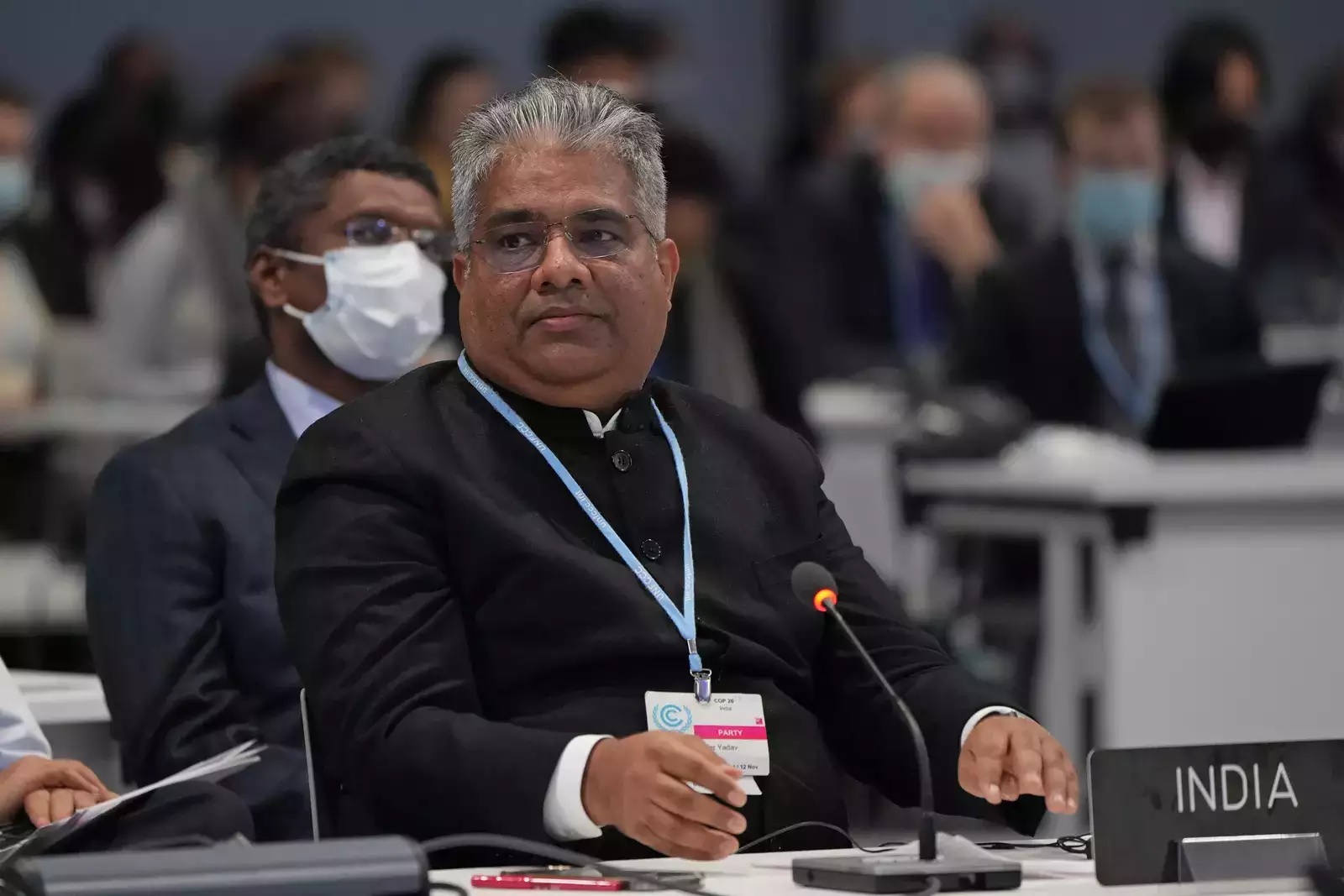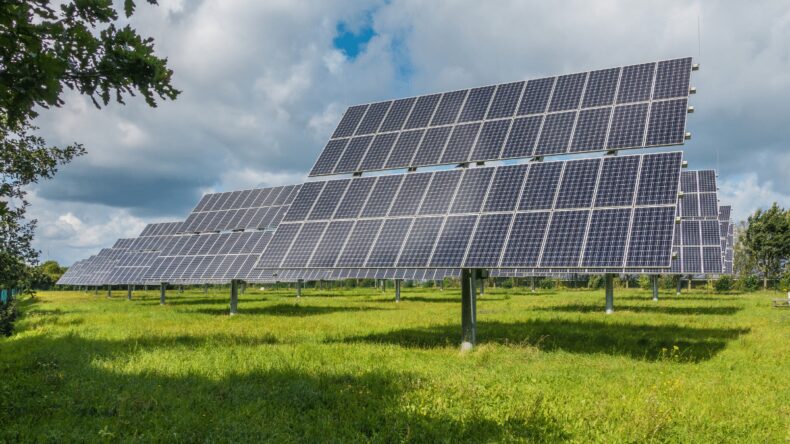The G7 nations’ ministers met in a conference ahead of the G7 summit to discuss the global goal of becoming carbon neutral by 2050.
The G7 nations held a meeting on Sunday, April 17th, 2024 in Japan where they discussed the importance of shifting gradually towards renewable sources of energy and discarding their dependence on fossil fuels.

The nations agreed towards the need of producing carbon free electricity and gradually phasing out the use of coal by the year 2035. It was proposed that the deadline for switching to carbon-based electricity be set for 2030, but the proposal was discarded in the view of allowing flexibility to reach the target.
This agreement concluded the two days conference held in Sapporo, Japan. Japan will also host the G7 summit in May, 2024.
Table of Contents
G7 nations aiming to become carbon neutral by the year 2050
The need for renewable sources of energy has increased tremendously since the start of the Ukraine-Russia war. Before the war, Russia was one the largest exporters of oil, but the war led to sanctions on Russian import-export by the G7 nations which ultimately led to a shortage of oil supply to the nations.
Through this new agreement, the G7 nations are aiming to move away from their dependence on fossil fuels as a major source of energy. Instead, they are trying to become carbon-neutral in the future.
In their meeting, all the G7 nations mutually agreed to increase solar capacity to more than 1 TW (terawatt) and wind capacity by 150 GW (gigawatts) by the year 2030.

The nations are aiming towards a common goal of becoming carbon neutral by 2050 at the latest. The Japanese Minister of Economy, Trade, and Industry, Yasutoshi Nishimura, said in a news conference, “While acknowledging that there are diverse pathways to achieve carbon neutral, we agreed on the importance of aiming for a common goal toward 2050.”
The nations also agreed to gradually put a stop to extracting energy from fossil fuels without having technology in place to capture the harmful CO2 emissions.
India’s stand on the G7 nation’ agreement
Indian Union Environment Minister Bhupender Yadav said in the plenary session of the G7 meeting that the developed nations’ global goal to phase-out coal by the year 2050 will require the nations to scale up their efforts.

He also added that such a movement will allow developing nations such as India to address the needs of its huge population, which in turn will help reduce the impact of climate change, environmental degradation, and pollution.
He further said that though constant efforts are being made to tackle climate change throughout the world, it is now high time that the world leaders also promote individual and public participation to tackle climate change.
The Indian Prime Minister, Narendra Modi, had launched ‘Mission LiFE’ last year to aid in the efforts of managing climate change. ‘Mission LiFE’ promotes a global mass movement for creating behavioral changes focused on conscious and deliberate utilization of resources available.
The Global Carbon Budget Report stated that for the year 2022 the top four countries that emitted the most CO2 were China, the US, the EU, and India.
The G7 comprises of seven nations which include: Germany, USA,UK, Canada, Japan, Italy, and France.













